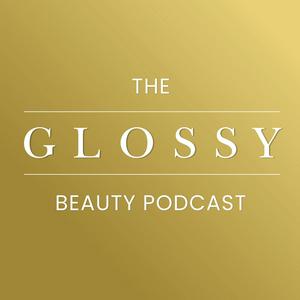Bansk Beauty’s Reuben Carranza on building a distinct brand that lasts
Reuben Carranza knows a good brand when he sees it.
Bansk Beauty, where he serves as executive chairman, made headlines in September after acquiring the buzzy, clinical skin-care brand Byoma. It’s part of the late-stage private investment firm’s growing beauty roster, which includes Amika, Eva NYC and Ethique.
“No. 1, they're on a tear, right? They're growing rapidly. But I think what we loved about them was the story,” he told Glossy on stage at this week’s annual Glossy Beauty and Wellness Summit about its Byoma acquisition. “It's the story: they've de-complicated complicated skin-care routines.”
Carranza kicked off the Summit with a special live podcast recording, where he shared insights into the firm’s investment philosophy and growth plans for its brands. He also shared career advice from his stacked CV, which includes more than two decades at P&G and leadership roles at R+Co Hair, Kate Somerville skin care, and more.
This special session is ahead, but first, hosts Lexy Lebsack and Emily Jensen share highlights from the Summit and dig into the news of the week.
First up, the hosts break down the latest from Tylenol- and Neutrogena-owner Kenvue. Kimberly-Clark Corp. will acquire Kenvue Inc. in a deal valued at $48.7 billion. Kimberly-Clark's portfolio includes consumer brands like Huggies, Kleenex and Cottonelle.
Next up, a look at Skims’s buzzy new hire. Diarrha N’Diaye was named evp, beauty and fragrance of Kim Kardashian’s upcoming Skims Beauty. N’Diaye has worked in marketing and branding for the likes of Glossier and L’Oréal, and was most recently the founder of Ami Colé, which shuttered in July. She will lead product development, innovation and brand strategy for Skims's upcoming beauty launch.
Finally, an analysis of a hefty investment in Blueprint, the supplement company from American entrepreneur and biohacker Bryan Johnson. The company has taken on $60 million in funding from investors like Kim Kardashian, Ari Emanuel, Cameron and Tyler Winklevoss, and many more big names. Johnson is best known for documenting his quest to age in reverse on YouTube and through the Netflix film “Don’t Die.” Blueprint currently offers a variety of products DTC, including drink mixes, supplements and skin care.


